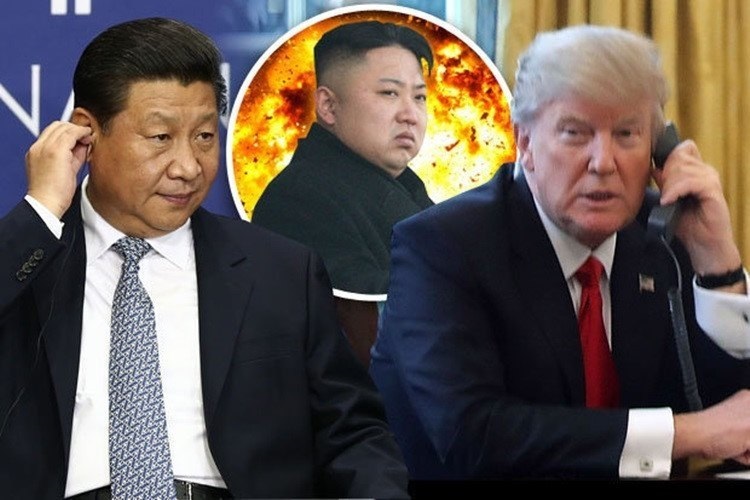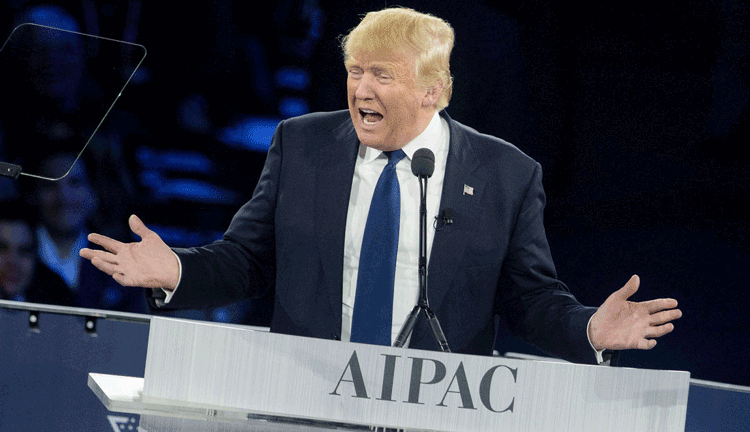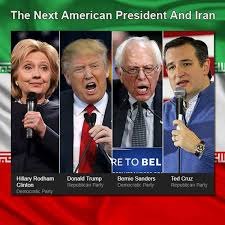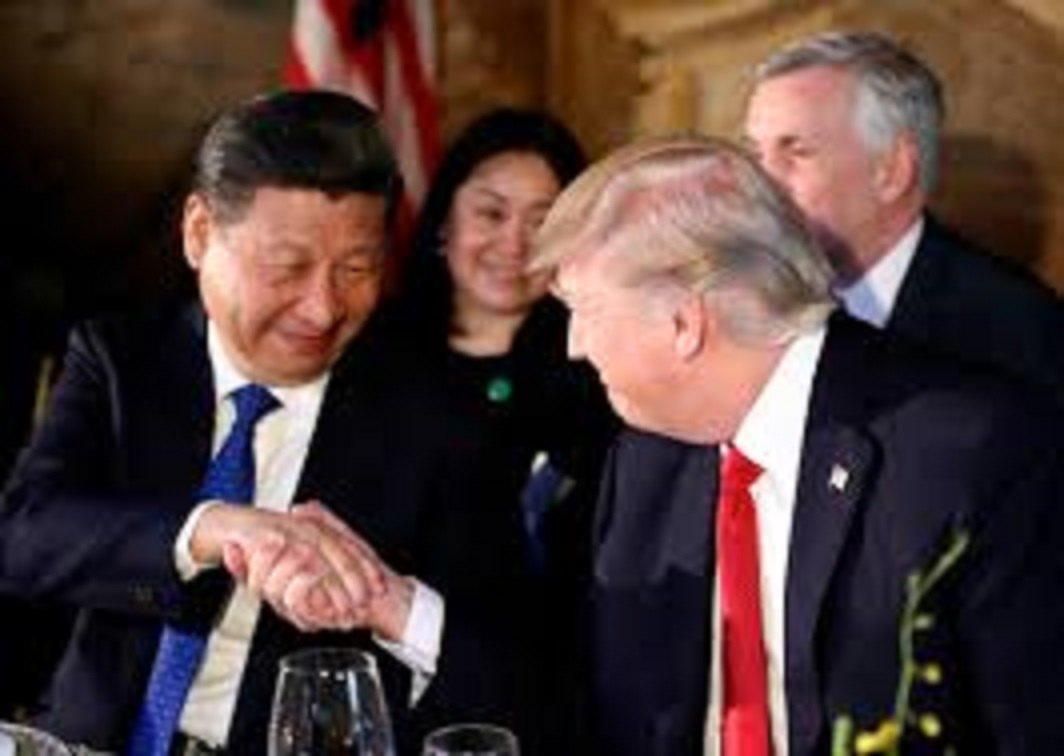North Korean Crisis: the Turn of Diplomacy?

Dr. Mohsen Shariatinia
The Korean Peninsula crisis is one of the longstanding crises in the field of international politics. Since the end of World War II, the Peninsula has been one of the main and most persistent crises in international politics. In recent months, the dynamics of this crisis has intensified and the traditional variables forming this crisis have changed. In addition, for the first time in recent years, the dialogue between the United States and North Korea -as the key parties to the crisis- at the highest level has emerged, which is considered a new event in the history of the said crisis.
The end of the Cold War transformed North Korea’s strategic environment and turned the matter of survival into its most important concern.
Maintaining the survival through internal balancing path can be seen as the logic of North Korea’s pursuit of its nuclear program in recent decades, a rationale that continues to shape its strategic behavior.
With the successful tests on North Korea’s ballistic missile, the traditional balance of power in North-East Asia has changed, and with this change, the role of the major powers as the main factor involved in the crisis also underwent developments.
In addition to public diplomacy and changes in the psychological environment, as well as the promises regarding the meeting of the leaders, the agenda for these talks is still unclear. The history of international politics is full of fruitless meetings of the leaders of the hostile countries.
North Korea has made great proposals to negotiate with the United States; suggestions that reaching an agreement on each one will be very complicated. It has offered to establish peace with South Korea, a peace that has not been established since 1953, and two countries are still in a truce.
One of the suggestions made by North Korea is that the Korean Peninsula becomes a nuclear-weapon-free region instead of disarming only North Korea. The non-nuclearization of the Korean Peninsula means that the US security umbrella in South Korea and its military presence will undergo major changes.
Historically, North Korea’s main goal was to develop a nuclear program and achieve the position of one of the world’s leading nuclear weapons holders. In the current situation, North Korea has almost reached this goal, and it considers it to be the basis of the survival of its political system.
If we consider that North Korean leaders make attempt to maintaining their nuclear power and gain international acceptance for it and on the other hand suppose that the US agenda is to disarm North Korea, then these two negotiating agendas are in conflict with each other and reaching consensus on the continuation of negotiations would be difficult.
If diplomacy does not succeed, which is likely to happen, the balance of terror and making efforts to stabilize position in the new balance of power system will become a key priority for both sides.
It is obvious that beyond public diplomacy, North Korea and the United States are pursuing very different goals from these negotiations. Historically, North Korea’s main goal was to develop a nuclear program and achieve the position of one of the world’s leading nuclear weapons holders. In the current situation, North Korea has almost reached this goal, and sees it as the basis of the survival of its political system. On the other hand, the United States and its partners in Northeast Asia have always emphasized North Korea’s nuclear disarmament and have sought to de-legitimize its nuclear program through various sanctions and pressures and raise it as one of the most important threats against international peace and security.
In such an atmosphere, If we consider that North Korean leaders make attempt to maintaining their nuclear power and gain international acceptance for it and on the other hand suppose that the US agenda is to disarm North Korea, then these two negotiating agendas are in conflict with each other and reaching consensus on the continuation of negotiations would be difficult. Of course, some believe that this visit will have only symbolic dimensions and strategic issues will not be raised. If diplomacy does not succeed, which is likely to happen, the balance of terror and making efforts to stabilize position in the new balance of power system will become a key priority for both sides.




